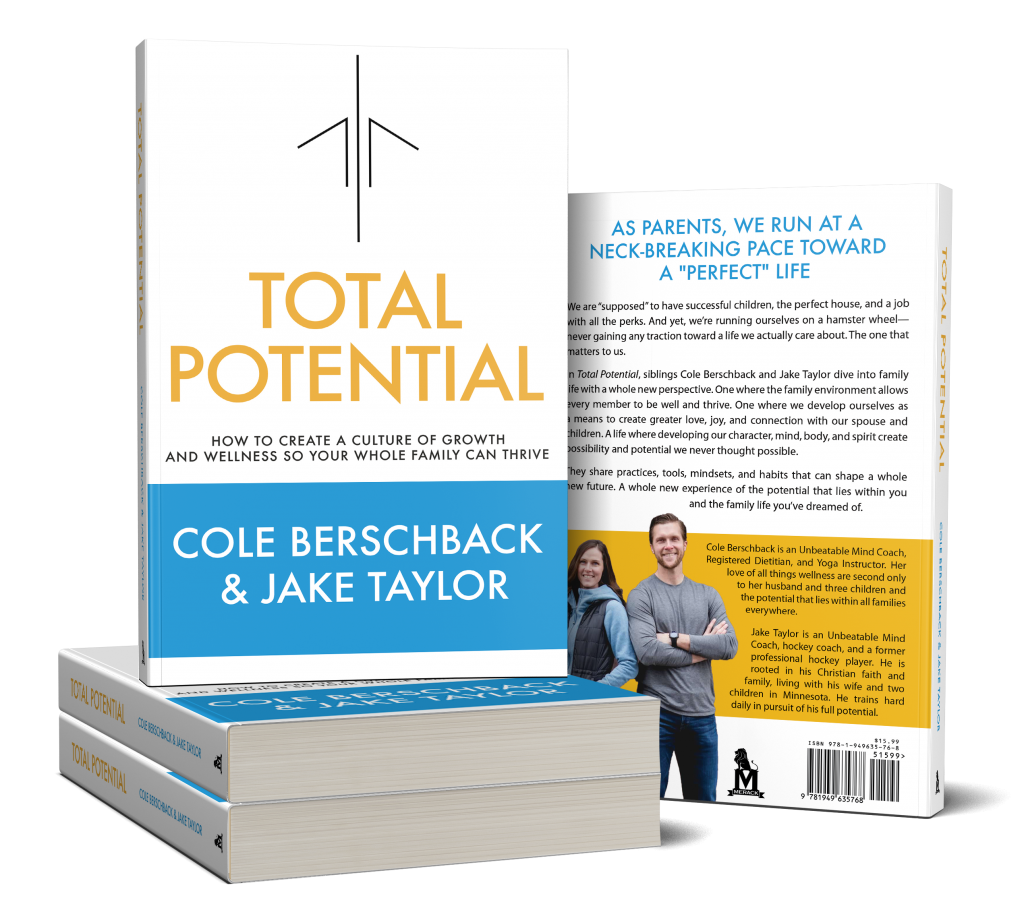An immensely valuable tool in building strong relationships is to appreciate (and harness) the power of distinctions. We learn about the world in which we live and co-create that world via the power of distinctions. Essentially, when we understand how we can use time in transforming relationships, we create an intentional existence. Yet, for many of us this process remains subconscious and untapped.
What is Distinction?
Think about how a child learns to distinguish between cat and dog. We don’t describe the differences between cat and dog to a child. We don’t define cat and then define dog. Initially, the child says “cat” (or dog) for every furry creature they see. We provide feedback – “yes, that’s a cat” or “no, that’s a dog”. With repetition, the child’s mind begins to form a construct – and then a prototype – of what qualifies as a cat and/or what qualifies as a dog. By the time a child is 5 or 6 years old, well before they can read fluently, they can distinguish between cat and dog very reliably even when presented with novel stimuli such as an unusual breed of cat or dog that they’ve never previously seen.
The mind’s ability to make distinctions and then creatively generalize based on those distinctions allows the child to learn exponentially during those first years of life. It is far more powerful and efficient than a purely language based approach to learning. It is inductive rather than deductive.
Transformation is the process of harnessing this power of distinctions. We create distinctions and those distinctions empower us to create new possibilities. Possibilities that until we created the distinction did not exist for us before.
The Distinction of Time
Let us create a distinction in relationship to time. This distinction is likely familiar, but hopefully we can revisit it in a way that opens us up to new possibilities in our lives.
The ancient Greeks had two words for time – chronos and kairos. Chronos is clock time. Time that can be measured. Time that can be (some would say must be) managed less it pass away unproductively. Thus, chronos is associated with being efficient and productive. In western civilization we are obsessed with chronos.
But kairos, that’s where the juice really is. Kairos isn’t about seconds or minutes or hours. It is about moments. Moments that punctuate our life. Moments that are timeless – unbound by time. The right moment. The opportune moment. In some translations, kairos is moments where God interrupts.
Chronos and kairos are different – they feel different. The opportunity to change our relationship to time is most powerful in our relationships.
How Time Together Makes Important Distinctions
Greg McKeown, in his fantastic book “Essentialism: The Disciplined Pursuit of Less”, tells the following story that illustrates this distinction powerfully.
He tells of Stephen Covey, author of “The Seven Habits of Highly Effective People”, out on a special father-daughter date with his then 12 year-old daughter Cynthia. They were in San Francisco. Cynthia had been anticipating this special outing with her father and all the things – she had quite an ambitious agenda for the evening – they would do together. Just as the evening was getting started an old college friend and business associate saw Mr. Covey with his daughter and approached him. He excitedly told Mr. Covey about some business ideas and invited Mr. Covey and his daughter to join him that evening at the wharf for dinner so they could talk more about it.
As McKeown writes: “Cynthia felt dispirited. Her daydreams of trolley rides and ice cream sundaes evaporated instantly! Moreover she hated seafood and could just imagine how bored she would be listening to adults talk all night.
Cynthia’s father replied, ‘Bob, it is so good to see you. Dinner at the wharf sounds great.’ She felt her heart sink. But her father continued, ‘But not tonight. Cynthia and I have a special date planned don’t we?’ He winked at Cynthia, grabbing her hand and running out the door to continue on an unforgettable night in San Francisco with his daughter, just as he’d promised.”
McKeown heard that story from Cynthia only weeks after her father passed away. She recounted fondly and with deep emotion that moment, “Bonded him to me forever because I knew what mattered most to him was me!”
That is a kairos moment. That is a transformative experience.
Don’t just skip over that last sentence. Think about who was impacted by Covey’s ability to recognize a kairos moment. His daughter’s life was altered. So was anyone who may have heard her story. Greg McKeown’s life was positively impacted by the story as were the lives of many who first encountered this story in his book. And now, here you are reading this and perhaps your life is being impacted as well. The impact is exponential, truly transformative.
As previously noted, kairos moments punctuate our lives. They give our lives meaning. Be warned, however, if we aren’t on the lookout for positive kairos moments, if we don’t make space for them to show up, our lives very often will be punctuated predominantly by negative kairos moments. We look up to find our children are grown, and we missed their childhood. We don’t make time to call our aging parents, and we are devastated when we are informed that they’ve passed. Or we are taken by surprise when our partner files for divorce because in the absence of our attention they outgrew us and became tired of being taken for granted.
“Love doesn’t just sit there, like a stone; it has to be made, like bread, remade all the time, made new.” – Ursula K. Le Guin
Transformative Time Challenge
Take on this transformative challenge: create space for kairos moments. Read “Essentialism: The Disciplined Pursuit of Less” by Greg McKeown. Identify those relationships that are most important. Be deliberate about carving out distraction free time to be fully present to those individuals.
For example, don’t just do date night as a chronos event (i.e., it’s scheduled, we did it, now check it off the list and move on to the next item). Instead, approach date night with the curiosity of courting once again. Put your phone on silent. Put your best foot forward. Set out to woo your significant other. Be present and engaged. Get curious about your partner’s passions, interests, challenges – make no assumptions. Ask as if getting to know them for the first time. Share with them your dreams, your fears, your passions. Buy a book of getting to know you questions, and take turns asking each other.
To live a rich, full and meaningful life we must learn to let God interrupt. We must allow kairos to coexist with chronos. Learn to dance with the dynamic tension between the two. Dance and you’ll discover new energy, new vitality. Dance and we will create the possibility of not only transforming our own lives but the lives of others as well.

Dr. Sean Smitham
Dr. Sean Smitham, Ph.D. a licensed Clinical Psychologist and family therapist who lives and practices in Spokane, Washington.



